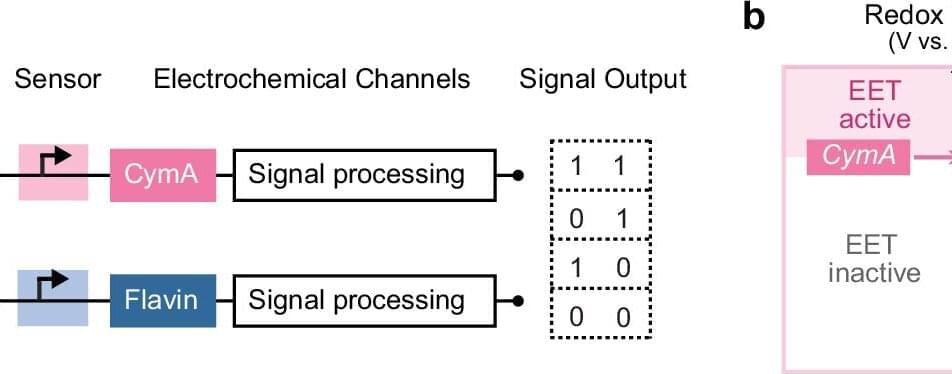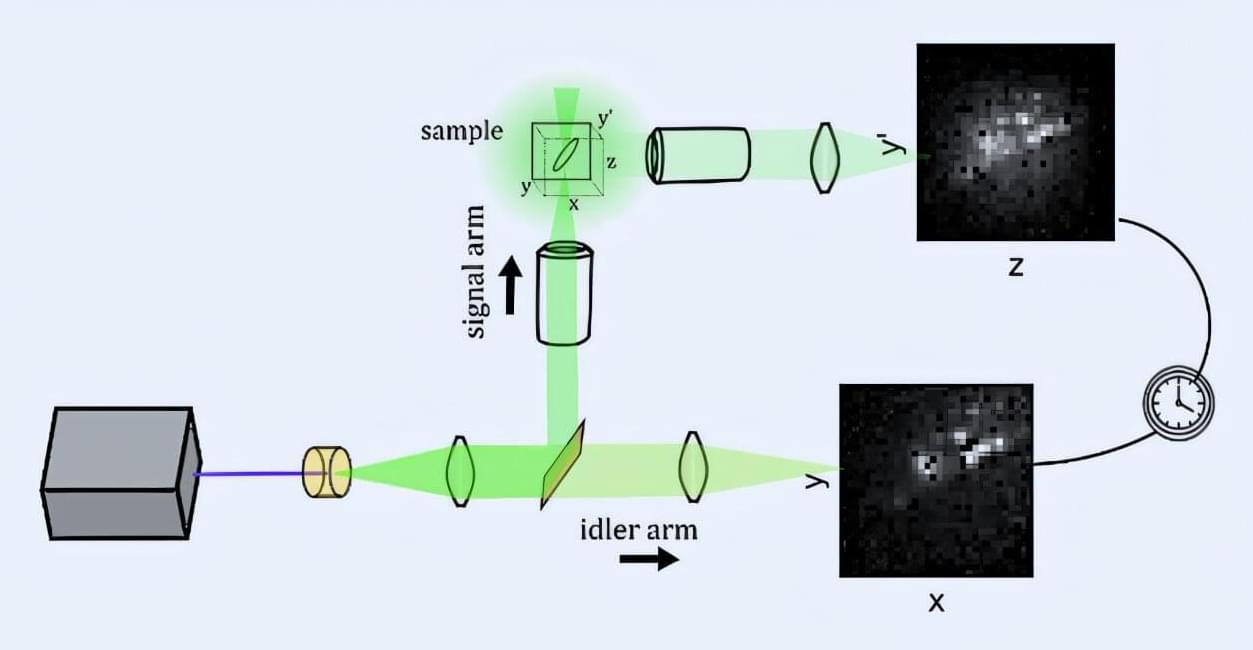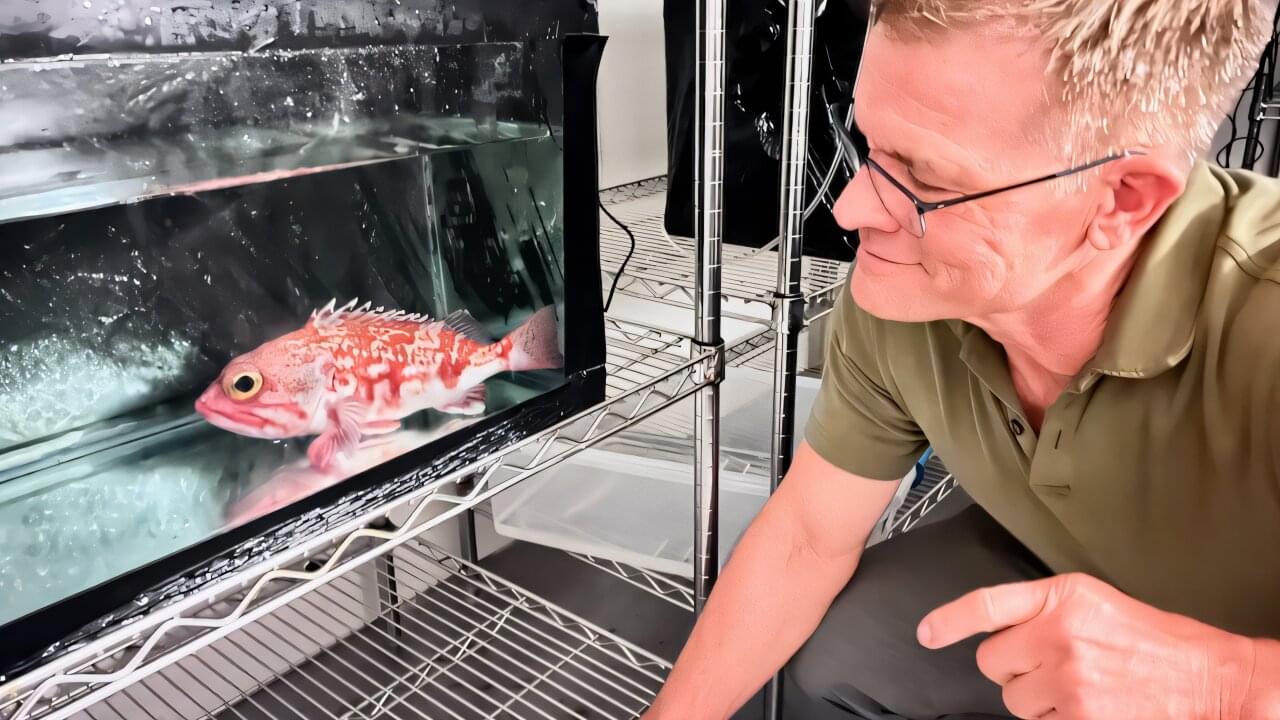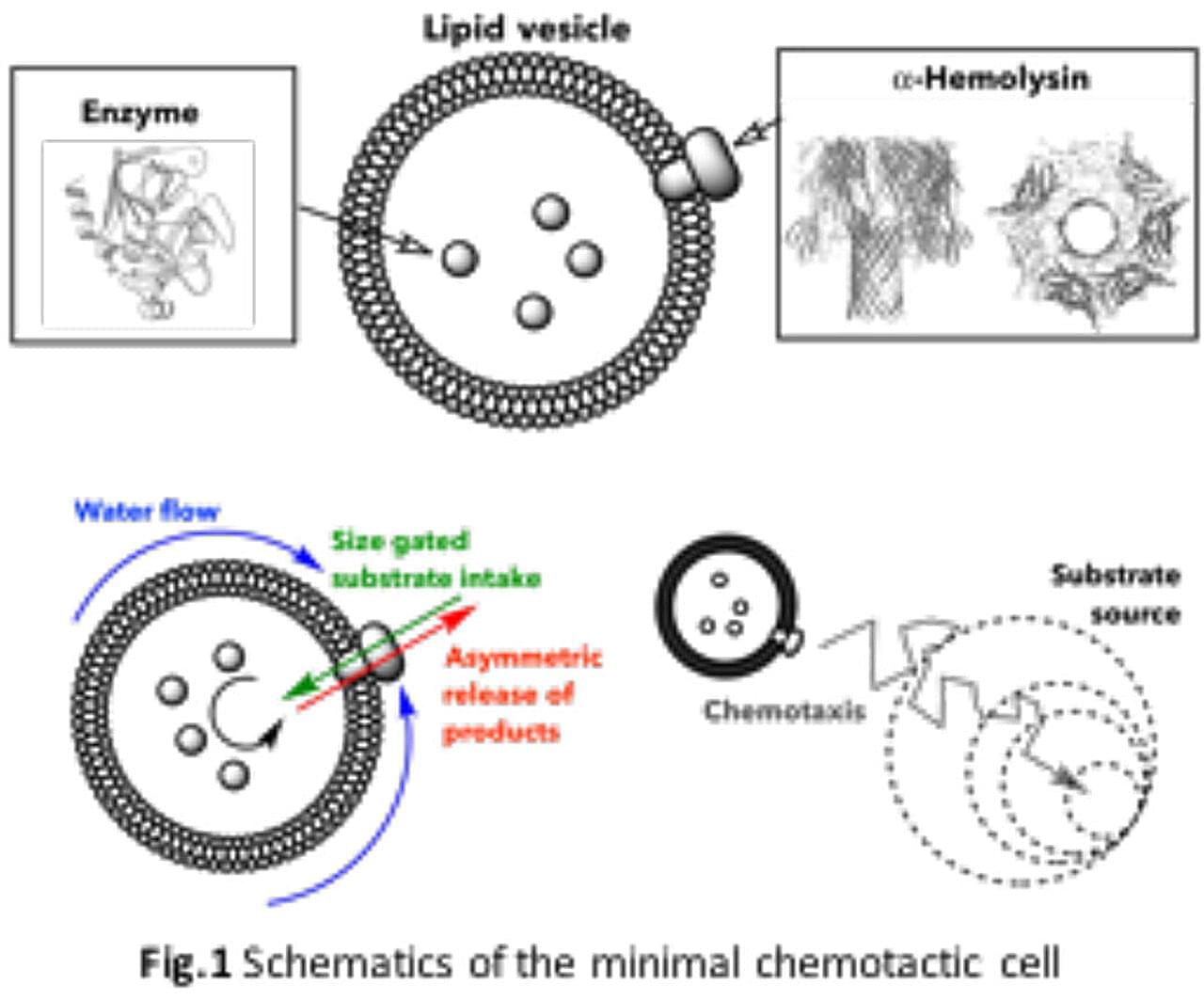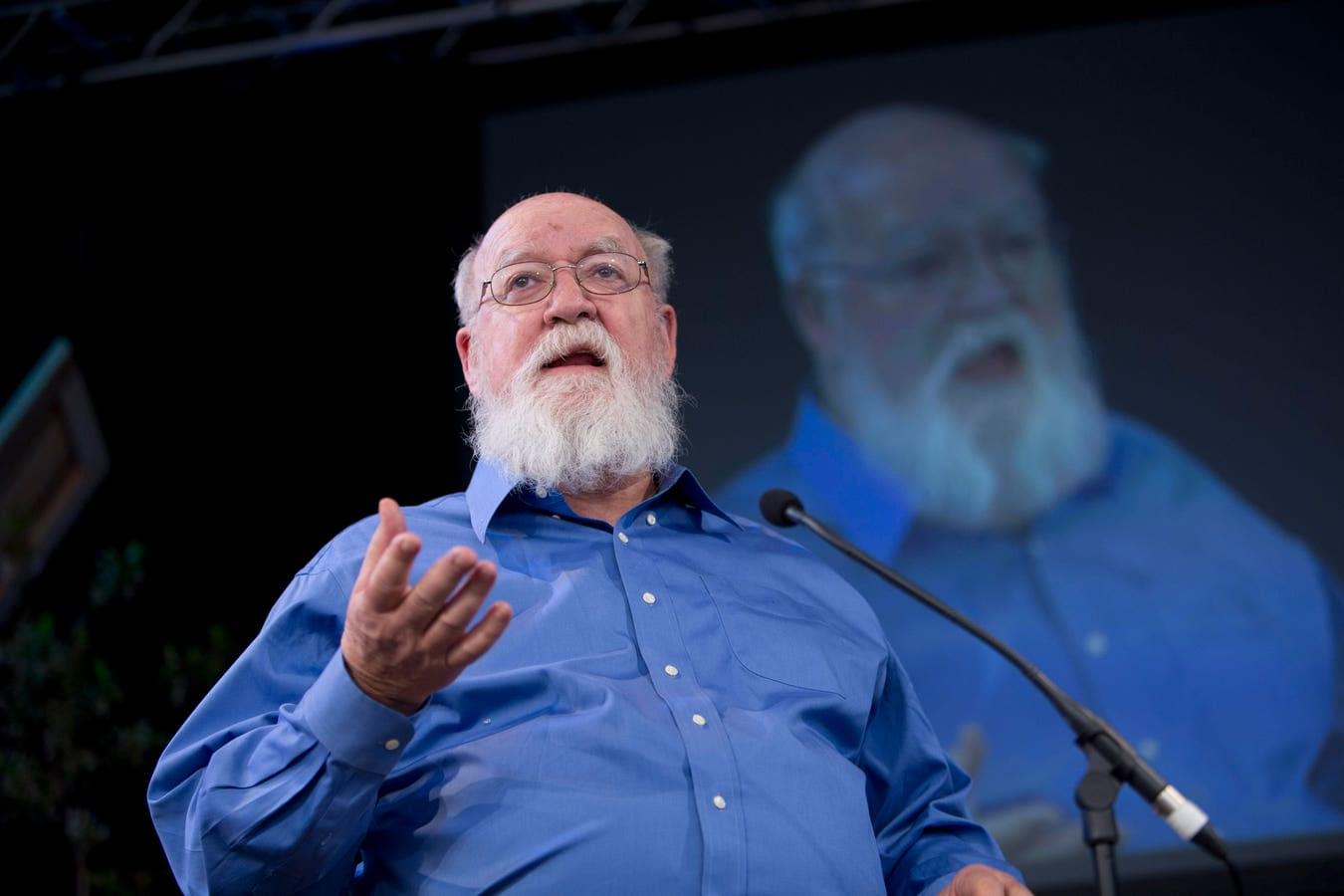A team of UC Merced researchers has shown that tiny artificial cells can accurately keep time, mimicking the daily rhythms found in living organisms. Their findings shed light on how biological clocks stay on schedule despite the inherent molecular noise inside cells.
The study, published in Nature Communications, was led by bioengineering Professor Anand Bala Subramaniam and chemistry and biochemistry Professor Andy LiWang. The first author, Alexander Zhang Tu Li, earned his Ph.D. in Subramaniam’s lab.
Biological clocks—also known as circadian rhythms —govern 24-hour cycles that regulate sleep, metabolism and other vital processes. To explore the mechanisms behind the circadian rhythms of cyanobacteria, the researchers reconstructed the clockwork in simplified, cell-like structures called vesicles. These vesicles were loaded with core clock proteins, one of which was tagged with a fluorescent marker.
